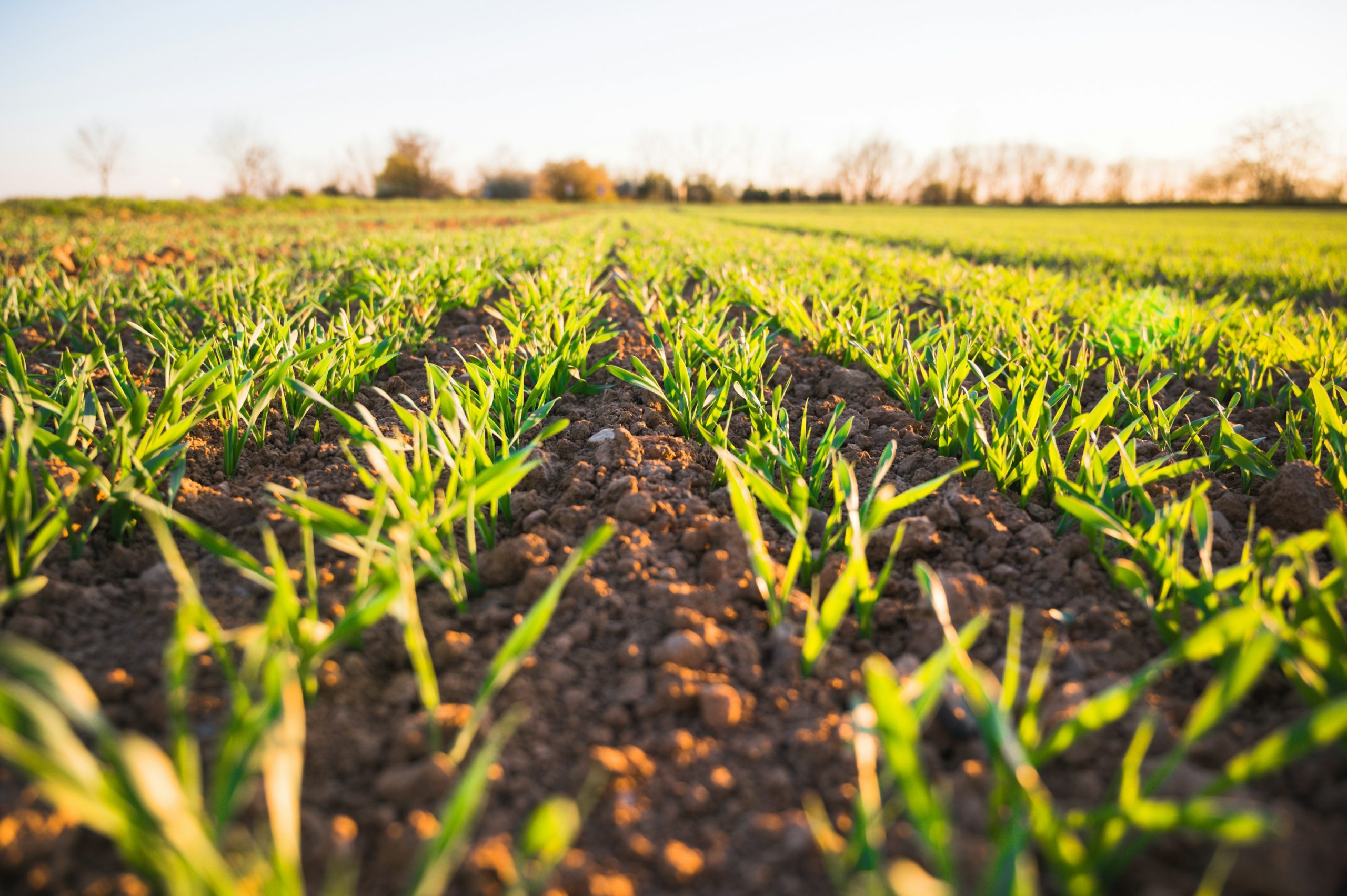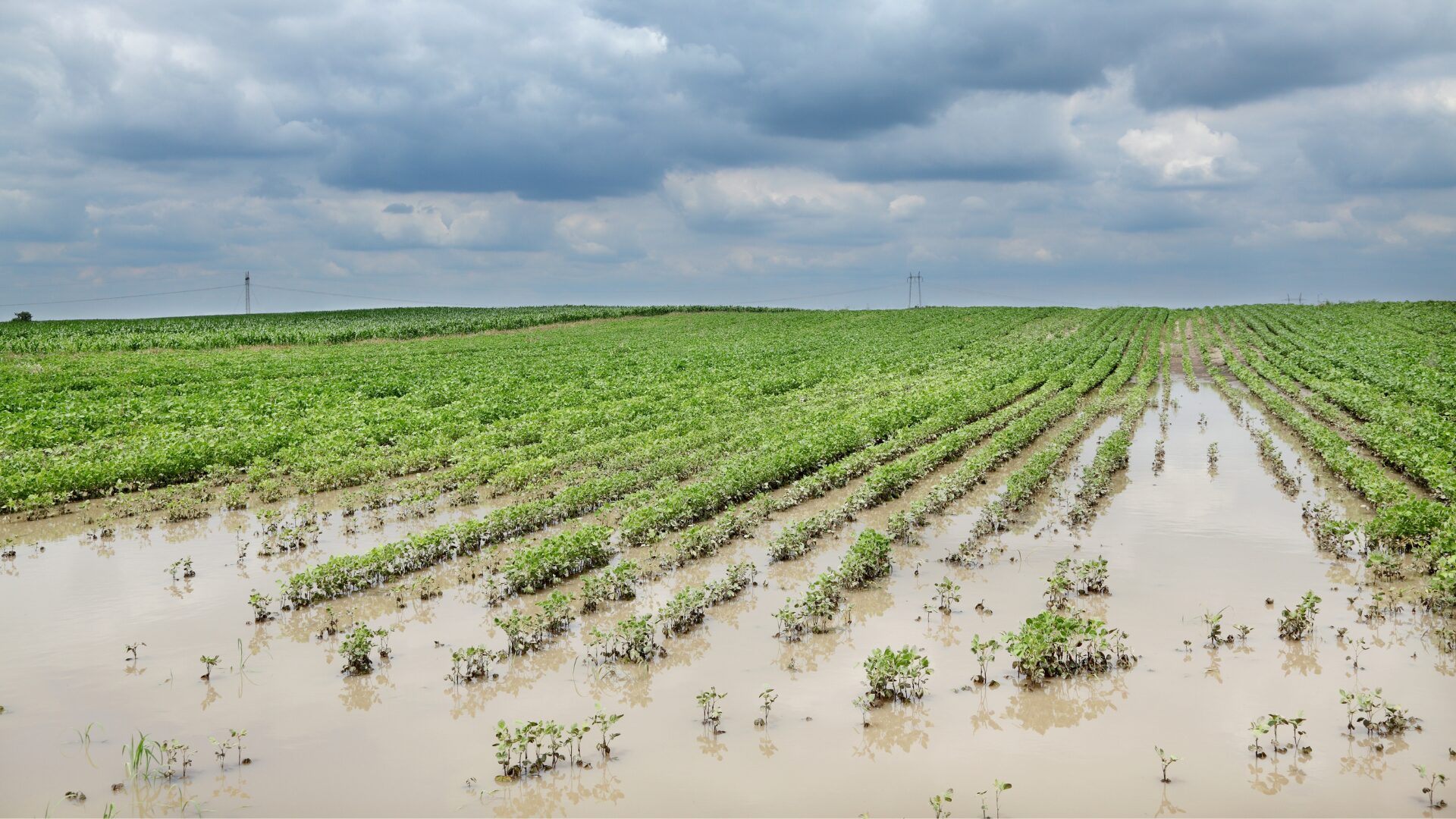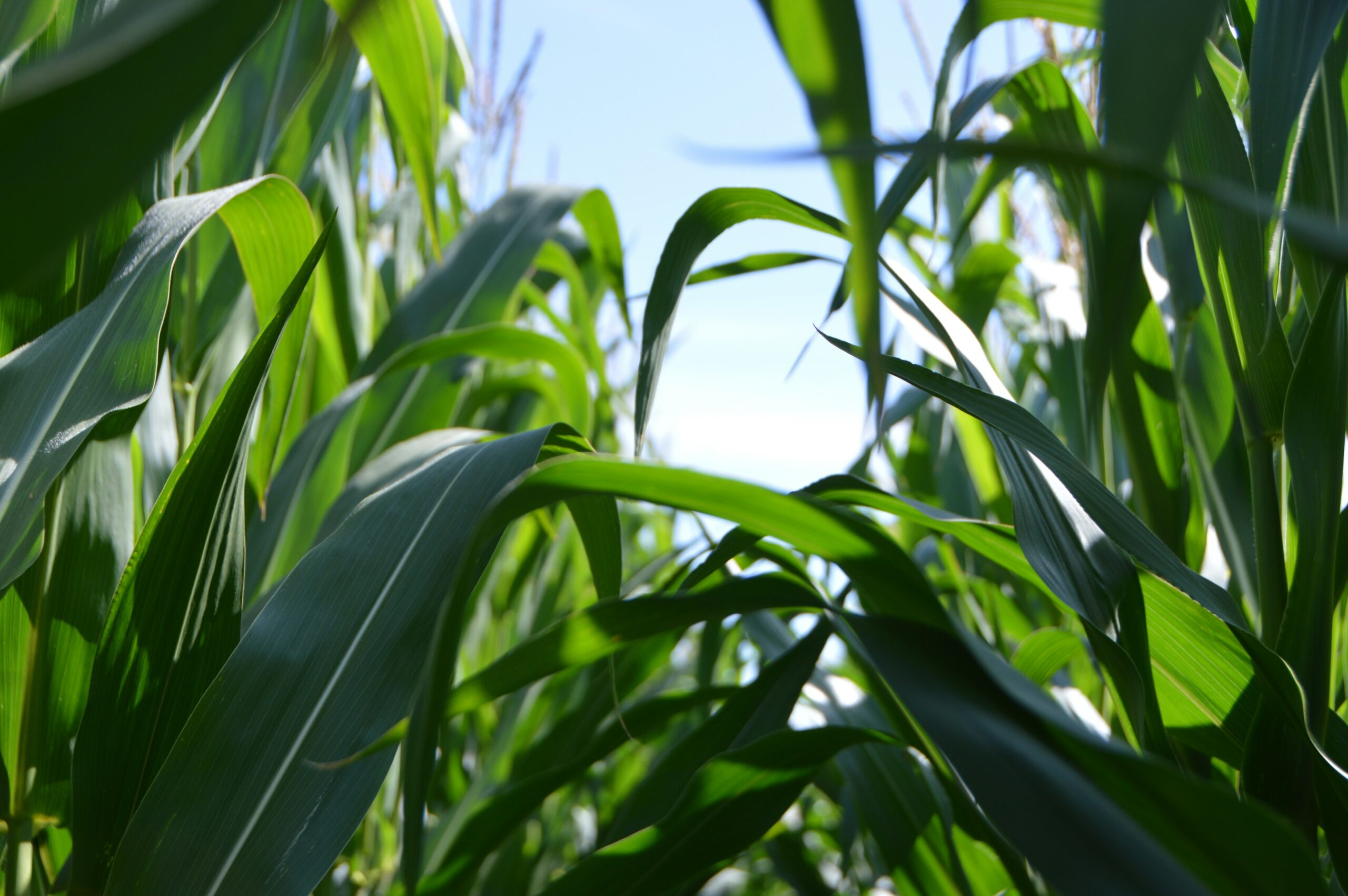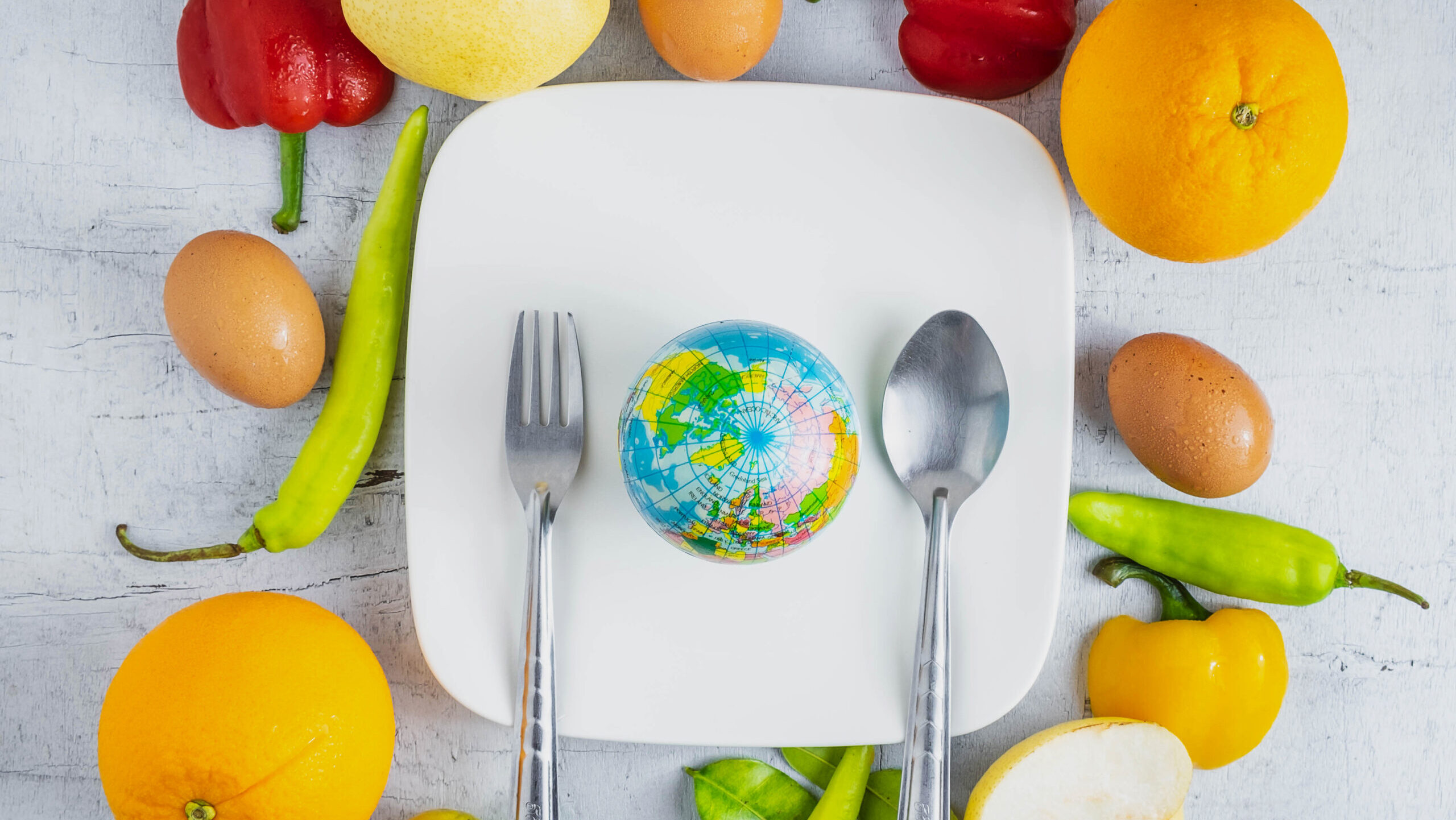Climate change is shifting from being a looming threat to an active influencer of consumer choices.
The most recent EY Future Consumer Index offers a deep dive into the ways climate change is starting to transform consumer behavior, highlighting key challenges and opportunities for the foodservice, food manufacturing, and retail sectors. This comprehensive analysis provides actionable insights for businesses aiming to navigate and prosper in an increasingly eco-conscious marketplace.
A notable trend is the change in food consumption habits, driven by climate-related factors like rising prices and scarcity. Notably, 42% of consumers are reconsidering their food preferences under these influences, and nearly a third have already made changes. Additionally, there’s an uptick in the purchase of products tailored to mitigate the impacts of climate change, signaling a move towards more environmentally aware purchasing decisions.
Sustainable Products: A Growing Consumer Demand
Sustainability is no longer a niche market concern but a central factor in consumer purchasing decisions. There’s a clear trend of consumers opting for sustainable products and demonstrating a willingness to pay extra for these choices. This shift is significant, with a notable increase in consumers who prefer sustainable options and those willing to pay a premium for them.
Different generations exhibit varied responses to climate change. Younger demographics, particularly Gen Z and Millennials, are considering drastic measures like relocating or home modifications in response to environmental changes. In contrast, older generations are focusing on more traditional environmental efforts, such as reducing plastic use and increasing recycling efforts. Notably, younger consumers show a distinct preference for high-quality, sustainable brands.
The Expectations of Leaders Amid Climate Change
There’s a rising expectation for leadership in environmental sustainability from both governments and businesses. A significant portion of consumers believe that governments should spearhead these changes, but a nearly equal number also look to companies to play a pivotal role in reducing environmental impacts.
This scenario offers a unique opportunity for businesses to lead in sustainable practices and innovations.
Businesses are also rethinking their product lines to cater to the growing demand for healthier and more sustainable options. Trust in brands has become a crucial purchasing factor, with more consumers inclined to spend more on brands they trust. This shift underscores the importance of maintaining consumer trust through committed sustainable practices.
Challenges and Opportunities in the Climate Change Era
While most CEOs acknowledge the long-term significance of the climate crisis, immediate challenges often overshadow this acknowledgment.
However, it’s essential for businesses to adapt to the current climate realities while also focusing on future mitigation strategies. Proactive, long-term planning is key to creating sustainable value amid changing consumer expectations.
Businesses must swiftly adapt to the current impacts of climate change to mitigate future costs. This adaptation includes re-evaluating supply chains, production methods, and product offerings. Innovation in product offerings, particularly those that aid consumers in adapting to environmental changes, aligns with the growing demand for sustainable products. Balancing adaptation with mitigation efforts is crucial, as is engaging in bold, long-term strategic planning. Businesses that embrace this forward-thinking approach will be well-positioned to meet consumer needs and remain competitive.
The Food Institute Podcast
Food waste is already a global problem, and it could morph into an even larger issue as the world’s population grows. Flashfood founder and CEO Josh Domingues highlights how important collaboration is to fighting food waste, and how Flashfood aims to divert food from landfills.












